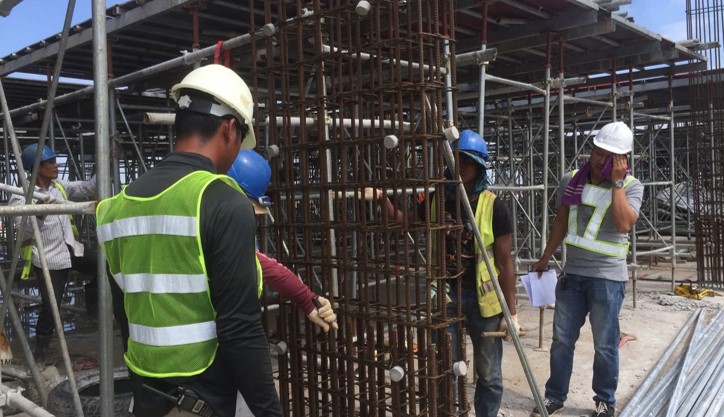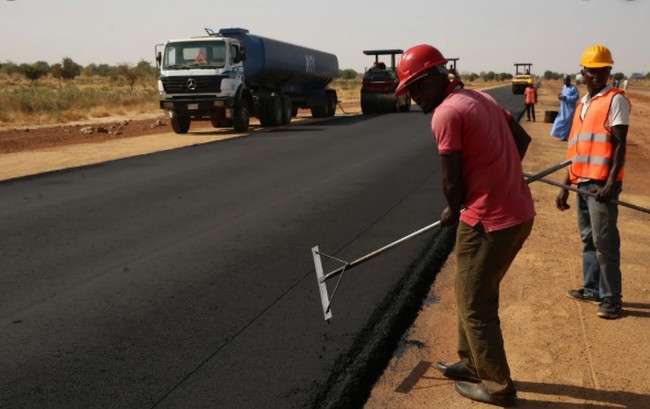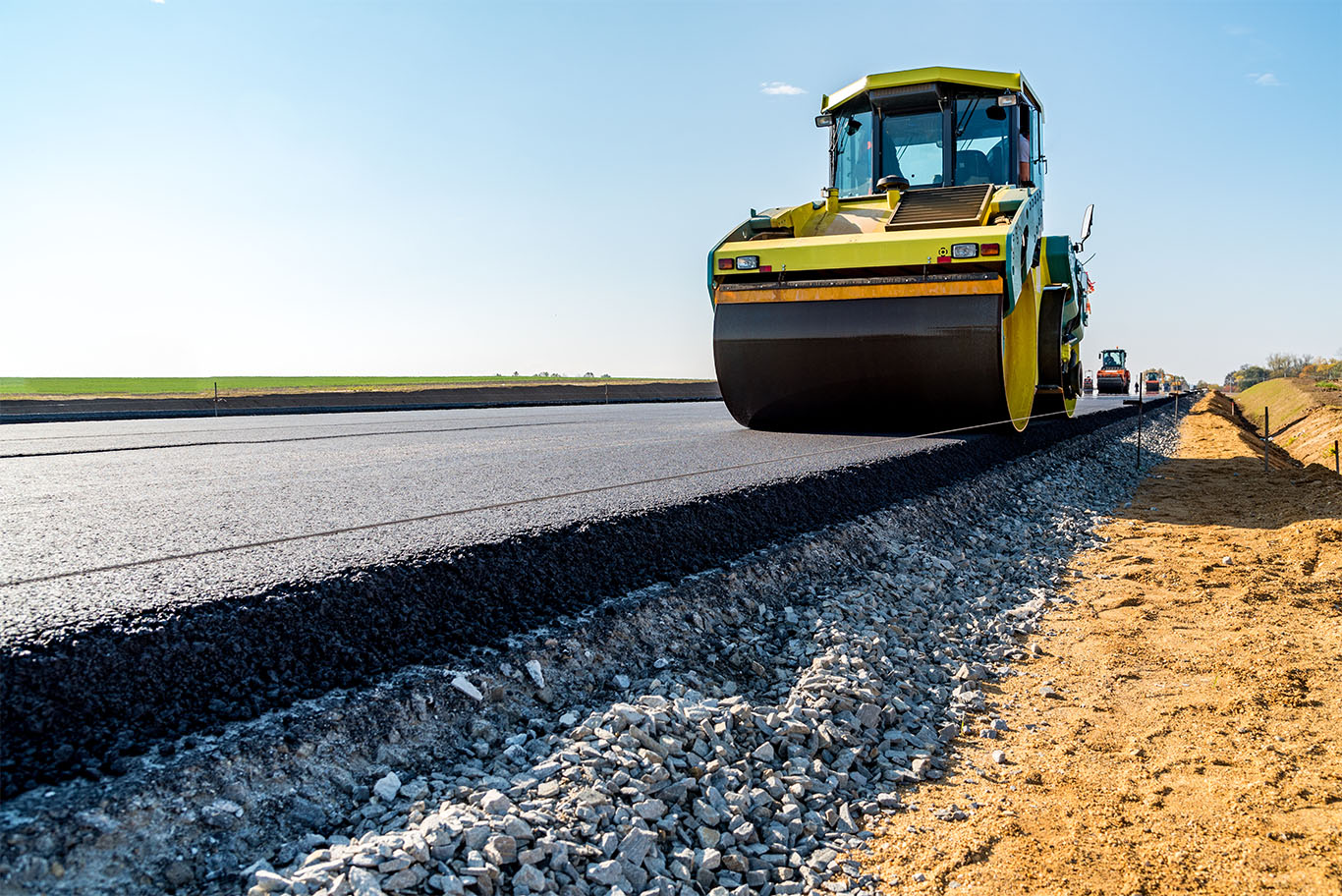

It focuses on the correct test procedures for Physical Tests of Hydraulic Cement and Field and Laboratory Tests of Concrete. It also provides background the construction personnel need to understand and perform the tests competently. Each test is described separately and can be shown individually if desired. This course conforms to the International Road Federation (IRF) standards.
By the end of this course delegates will be able to:
Construction Engineers, Senior Construction Engineers, Construction Supervisors, Construction General Supervisors, Construction Project Managers, Engineering Technologists, Supervision Engineer, Inspection Engineers, Civil Inspectors, Foremen.
Physical Tests of Hydraulic Cement Fineness Test
Physical Tests of Hydraulic Cement Paste Tests
Physical Tests of Hydraulic Cement Mortar Tests
Field Tests for Quality Control of Fresh Concrete
Concrete Laboratory Testing 1
Concrete Laboratory Testing 2
Concrete Laboratory Testing 3
CDGA attendance certificate will be issued to all attendees completing minimum of 80% of the total course duration
| Code | Date | Venue | Fees | Register |
|---|---|---|---|---|
| CE141-02 | 03-05-2026 | Doha | USD 5450 | |
| CE141-03 | 17-08-2026 | Istanbul | USD 5950 | |
| CE141-04 | 18-10-2026 | Dubai | USD 5450 |

Construction inspectors review the construction of drainage systems, homes, buildings and highways to ensure that all building, health and safety codes are followed. This program is for use in trainin ...

As a country develops and treads in the globalization era, it demands the use of more sophisticated technology to assist in its development process, particularly in the area of engineering. This cours ...

Maintenance engineers, superintendents and foremen can observe procedures performed in accordance with correct and efficient fundamentals. Road maintenance and repair work will last longer and availab ...

An innovative highway industry provides a major market for the use of 'waste’ resources, at the same time minimizing the need for 'natural’ resources. Selected waste streams and industrial by-products ...
Providing services with a high quality that are satisfying the requirements
Appling the specifications and legalizations to ensure the quality of service.
Best utilization of resources for continually improving the business activities.
CDGA keen to selects highly technical instructors based on professional field experience
Since CDGA was established, it considered a training partner for world class oil & gas institution
3012, Block 3, 30 Euro Business Park, Little Island, Co. Cork, T45 V220, Ireland
Mon to Fri 09:00 AM to 06:00 PM
Contact Us anytime!
Request Info